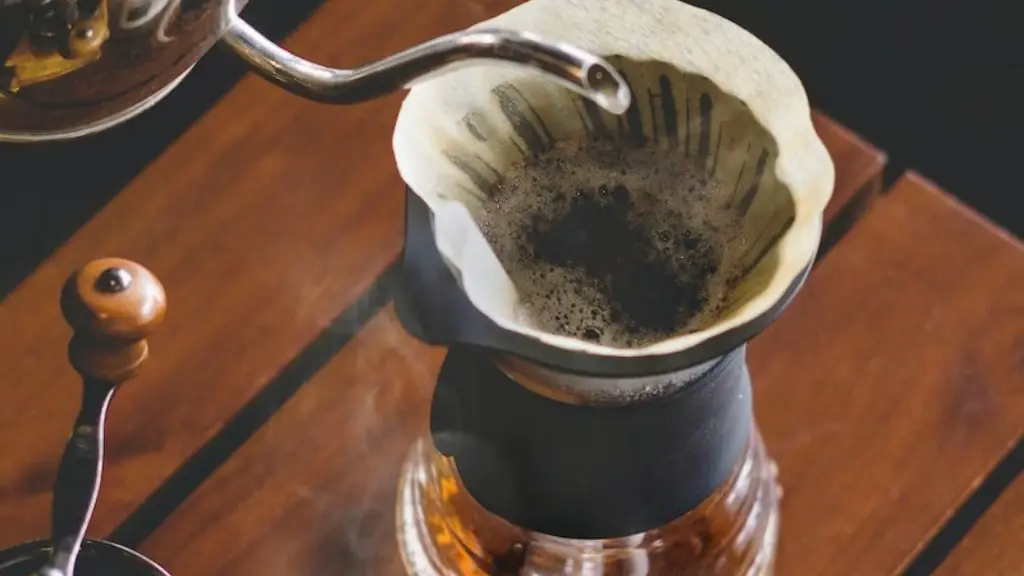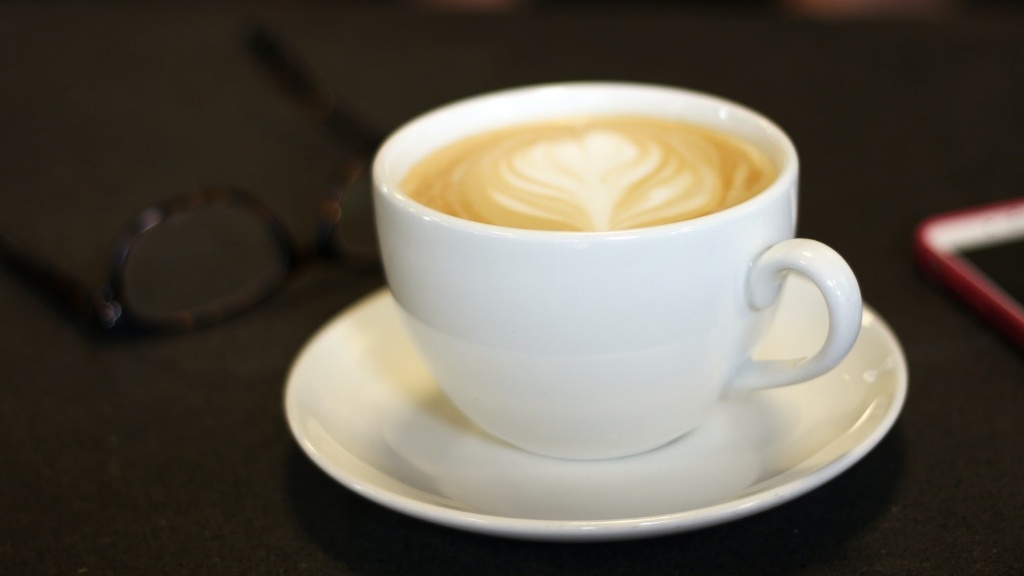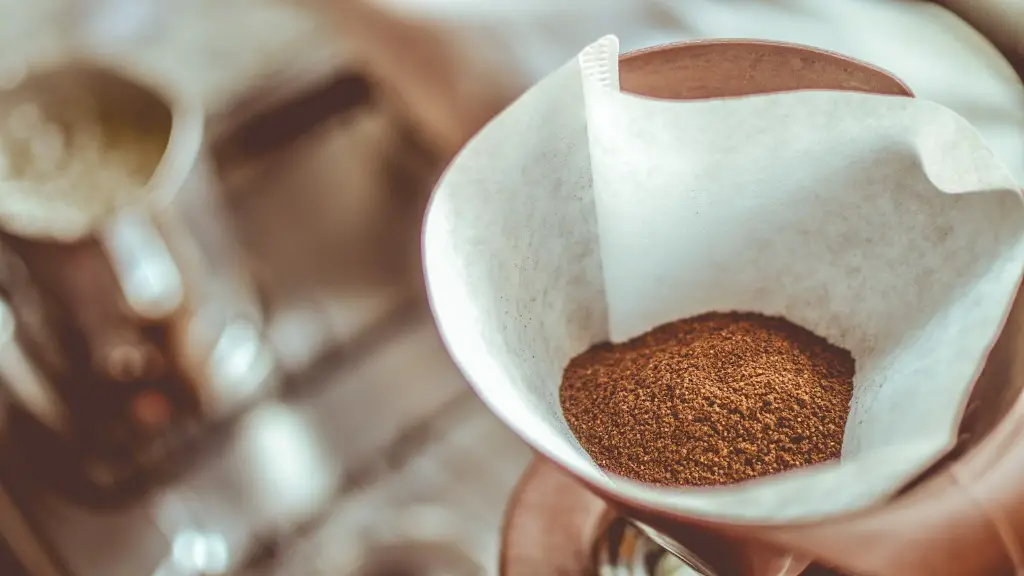A coffee drinker: From backgrounds to cultural signals
Coffee has been widely consumed in many countries and cultures around the world. It has been incorporated into the rituals of everyday life, with people drinking coffee in different styles, times and places for varied reasons. Coffee consumers are no longer limited to the traditional stereotype; rather, coffee drinkers come from diverse experiences and backgrounds.
Health Benefits of Coffee
Studies have demonstrated the health benefits of coffee consumption. Caffeine stimulates the nervous system and helps in improving mood and alertness. Coffee consumption can reduce the risk of certain diseases such as type II diabetes, liver and neurological diseases and some forms of cancer. Coffee consumption can also provide antioxidants and anti-inflammatory benefits. Coffee consumption is also linked to benefits in cognitive processes including verbal memory and better reaction times.
Cultural Signals of Coffee
Coffee drinking is also often considered a sign of social and cultural capital. By drinking coffee, individuals are able to demonstrate their knowledge and appreciation of the brewing process and coffee quality, while also sparing themselves a moment of peace. Coffee drinking is often associated with the idea of aesthetics, trends and well-being, as coffee shops become viable forms of communication, friendship and relaxation.
Different Types of Coffee Drinks
The type of coffee drink an individual chooses can be as informative as the amount of coffee they drink. Each type of drink has its own set of cultural and social signals. For instance, espresso is often linked to high-end establishments, sophisticated titles and demanding lifestyles. Frappes, on the other hand, are commonly indicated as more of an energetic drink for young people. For the more quaint, cappuccinos indicate a more classic style, while caffelattes are experienced as more indulgent.
Advancing in Coffee Exotica
Beyond the different kinds of drinks and machines, a growing number of cupping ceremonies, barista competitions and artisan roasters demonstrate the increasing level of understanding, appreciation and connoisseurship of coffee. Among these, third wave coffee stands out as the most advanced expression of the coffee realm, in which the roaster plays an increasingly innovative role. Third wave coffee is typically associated with light-roasted, single-origin coffees, and it is often produced in small batches with a focus on meticulous detail and craftsmanship.
Coffee Brands and Trends
Within this context, certain coffee brands have become increasingly popular, especially among younger consumers. In particular, the specialty coffee industry has become quite popular due to its focus on sustainability, ethical sourcing and higher quality products. This is evidenced by the popularity of brands such as Intelligentsia, Stumptown and Blue Bottle, which have carved a niche in the specialty coffee market.
Connecting to Other Beverage Trends
Beyond the traditional coffee trends, consumers are also embracing a wide array of other beverage trends. This includes the rise of cold brew coffee, matcha lattes and various types of kombucha – all of which offer consumers more options for their caffeine fix. As more consumers become aware of the benefits and possibilities of specialty coffee, it has become increasingly easy for them to explore different types of coffee and beverages.
Sustainability and Reusability
Aside from providing a more diverse array of beverages, coffee consumers are becoming increasingly conscience of the sustainability of their coffee consumption. This includes using eco-friendly containers, such as reusable coffee mugs and thermos, as well as buying coffee from responsibly sourced coffee farms. Consumers are also engaging in fair trade and organic farming practices, which help to ensure the sustainability of the coffee industry and promote a healthier, more equitable way of sourcing coffee.
Bariatric Patients and Caffeine Intake
While coffee consumption has generally been viewed as a healthy activity, it is important to note that individuals who are bariatric patients or undergoing bariatric surgery may need to take additional precautions while consuming coffee. For example, some bariatric patients may need to limit their caffeine intake in order to reduce the risk of gastrointestinal discomfort or other related risks. Additionally, individuals undergoing bariatric surgery may need to adjust their intake of certain beverages, including coffee, in order to reduce their risk of developing health complications.
Enjoying the Ritual of Drinking Coffee
In the end, it is important to recognize that coffee drinking has come a long way and is enjoyed by individuals from all walks of life. Whether it is enjoying a cup of espresso in a fancy cafe or grabbing a cappuccino to go, coffee drinkers can rejoice in the fact that they are part of a larger cultural phenomenon. As the coffee industry continues to evolve and explore different types of brews, styles and experiences, coffee drinkers, both old and young, can take pride in being a part of the esteemed coffee culture.


